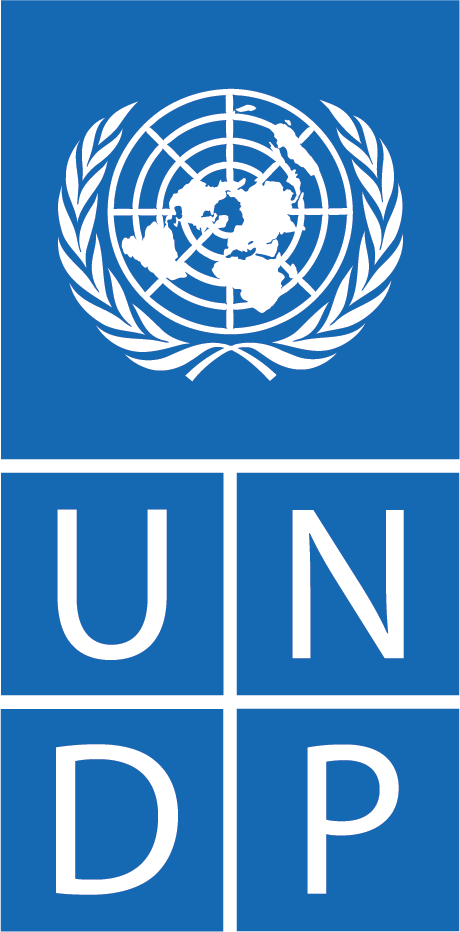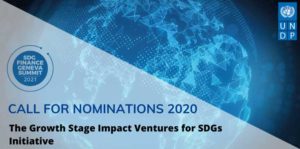
The United Nations this year launched the Decade of Action for the Sustainable Development Goals (SDGs) to underline the urgency to accelerate progress toward achieving the globally agreed goals. As of 2019, the world was off-track toward achieving the SDGs and in some areas—notably climate action and biodiversity—it was moving backwards. The ongoing COVID-19 pandemic has meanwhile not only caused significant human suffering and thousands of deaths globally but also disrupted economies and livelihoods on every continent—threatening to reverse hard-won development gains and dramatically increase poverty and inequality worldwide.
The pandemic has further underscored the value of partnerships and the important role the private sector can play in building preparedness and responding to crises. Business contributions will be essential for the world to build back better, with more resilient and inclusive societies, and to achieve the SDGs. But while interest among business leaders and investors in sustainable finance has surged, much remains to be done to accelerate the transition toward SDG-aligned financing. Gathering further evidence that sustainable finance can generate improved returns remains vital to help drive mainstream financial institutions and large corporations to redirect financial flows toward the SDGs.
UNDP Geneva, through its Growth Stage Impact Ventures (GSIV) for SDGs Initiative, aims to advance this transition by identifying, through a highly competitive process, 12 innovative enterprises from developing countries—meaning low- and middle income-countries— that have developed at-scale products and services that contribute to improving access to quality health care, access to affordable and clean energy, and reducing and recovering waste. By showcasing these ventures, UNDP aims to bring forward evidence that simultaneously doing good and doing well are already happening in emerging economies.
What is the GSIV Initiative about?
The SDGs represent an incredible business opportunity but innovative ventures from developing countries face difficulties in accessing finance.
The GSIV, an Initiative organized by UNDP Geneva, EPFL Tech4Impact, Orange, and SAP, focuses on mature impact ventures in developing countries with game-changing potential to drive impact and yield. We aim to identify innovative solutions to accelerate SDG progress in developing countries to:
• Demonstrate the business case for increasing investment in enterprises that advance SDG progress. To achieve this, we are looking for credible ventures with a strong track record of sustainable financial returns alongside positive impact.
• Connect investors — primarily Swiss but including European investors more broadly — with a bankable pipeline of impact ventures in developing countries and then familiarize them with impact finance and financiers.
Who can nominate entrepreneurs?
Nominations may be made by third parties (such as accelerators, impact funds, family offices, international organizations, or governments). Each nominator may propose up to three (3) ventures in its pipeline that meet the eligibility criteria. National entities belonging to the same larger corporation may each nominate. Self-nomination by enterprises is not accepted.
Who is eligible?
Eligible ventures, which should be seeking partners (technical, financial, or other) to grow, must have:
• An established business model and strong financial track record (based on number of clients, break-even, valuation, and turnover);
• An innovative technology, business model, or process with a strong competitive advantage (Intellectual property, clear unique selling proposition, uniqueness factor);
• Closed a Series A deal (valued at US$500,000 or more) or reached break-even through organic growth;
• Had their accounts audited;
• Retained a solid team with complementary competencies to run and grow a business;
• An impact-driven model—meaning that the venture aims to generate a measurable, positive social or environmental impact, with impact measurement metrics and/or key performance indicators in place;
• Mission driven enterprises (possibly within by-laws);
• Contributed to or have the potential to contribute to the achievement of more than one SDG, in an integrated way;
• Followed an inclusive business model with products and services that involve people at the bottom of the economic pyramid (BoP) — namely people with less than US$10 per day (in purchasing power measured in 2015 US dollars) or other excluded or vulnerable groups—as consumers, producers, suppliers, distributors, and employees;
• Demonstrated that they are scalable at the regional, continental, or cross-sectoral level.
Only ventures headquartered in developing countries, with a workforce primarily based in developing countries and providing products and services in developing countries, are eligible. “Developing countries” denotes low- and middle-income countries with GNI per capita at or below US$12,375, according to World Bank data. Finalists in the 2019 GSIV selection process are ineligible in 2020: They are listed here. The GSIV Initiative will strive to select winners from all regions and from least developed countries (LDCs).
Thematic focus
While the proportion of people living in poverty has fallen steadily in recent decades, poverty remains widespread in numerous developing countries. Moreover, disparities in human development are significant within and between countries, as documented in the 2019 Human Development Report (HDR). The ongoing COVID-19 pandemic risks a global socio-economic crisis that will push millions of people back into poverty—threating vulnerable women, children, elderly people, and informal workers most.
To find out more, visit www.sgsgeneva.org



